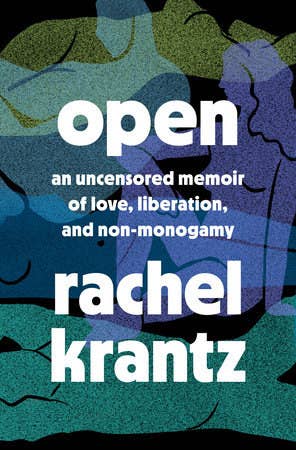
Ever since I first got that good-throbby feeling from watching mermaid Ariel turn into a naked human, I've known that whatever I was ... I was. I’d masturbated furiously to even the abysmal last season of The L Word. But that doesn’t prove anything, I’d think to myself. Not because I didn’t (consciously) want to like women — but because I worried I simply wanted to want them and had tricked myself into homoerotic feelings. Luckily, my late 20s helped set that straight (or, should I say, not straight). Still, despite having recently written a memoir detailing this journey, I’m only just beginning to get comfortable using the label “bisexual.” For too long, I thought it required an even 50/50 split and was exclusionary of trans and nonbinary people, whom I can also be attracted to. Once I became aware that the true meaning of “bisexual” can encompass anyone on the gender spectrum, and to any fluid or “uneven” degree, I’ve recently started feeling better about using it.
But I’ve been reading books featuring bisexual/pansexual/otherwise queer people for much longer, searching for myself in stories. So in honor of our visibility this Bisexual Awareness Week, I want to recommend some books. What follows is by no means an exhaustive list of bisexual books — that would be pretty much impossible. These are simply some of the bisexual-friendly books that have meant the most to me. There are admitted gaps here when it comes to YA, sci-fi, and fantasy — all genres with lots of bisexual characters, but genres that I’m not as well versed in personally (I will try to get on that). That said, if you’re a fan of literary fiction, nonfiction/memoir, and romance, my hope is that you’ll find plenty of intriguing options on this list.
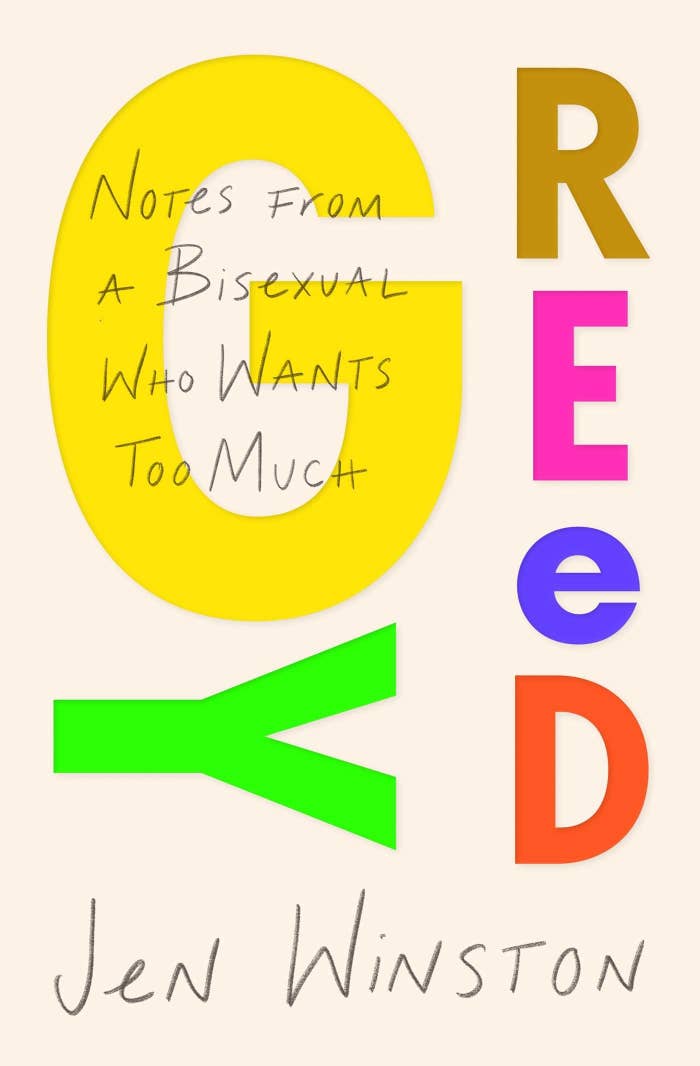
Greedy: Notes From a Bisexual Who Wants Too Much
by Jen Winston
I found Winston’s forthcoming memoir so resonant that I eventually had to stop underlining it because the book was looking ridiculous. She weaves research and humor seamlessly, contextualizing relatable experiences like bi impostor syndrome, wondering if you simply want to “be” your same-sex crushes, and the external/internalized gatekeeping from the larger queer community. This book is an entertaining yet information-packed crash course in what bisexuality can really mean.
Quote: Bi culture is everything. Which means bi culture is nothing. As annoying as this logic loop might be, it reflects exactly what it’s like to be bisexual: to be told simultaneously that you are asking for too much and also that you don’t exist.
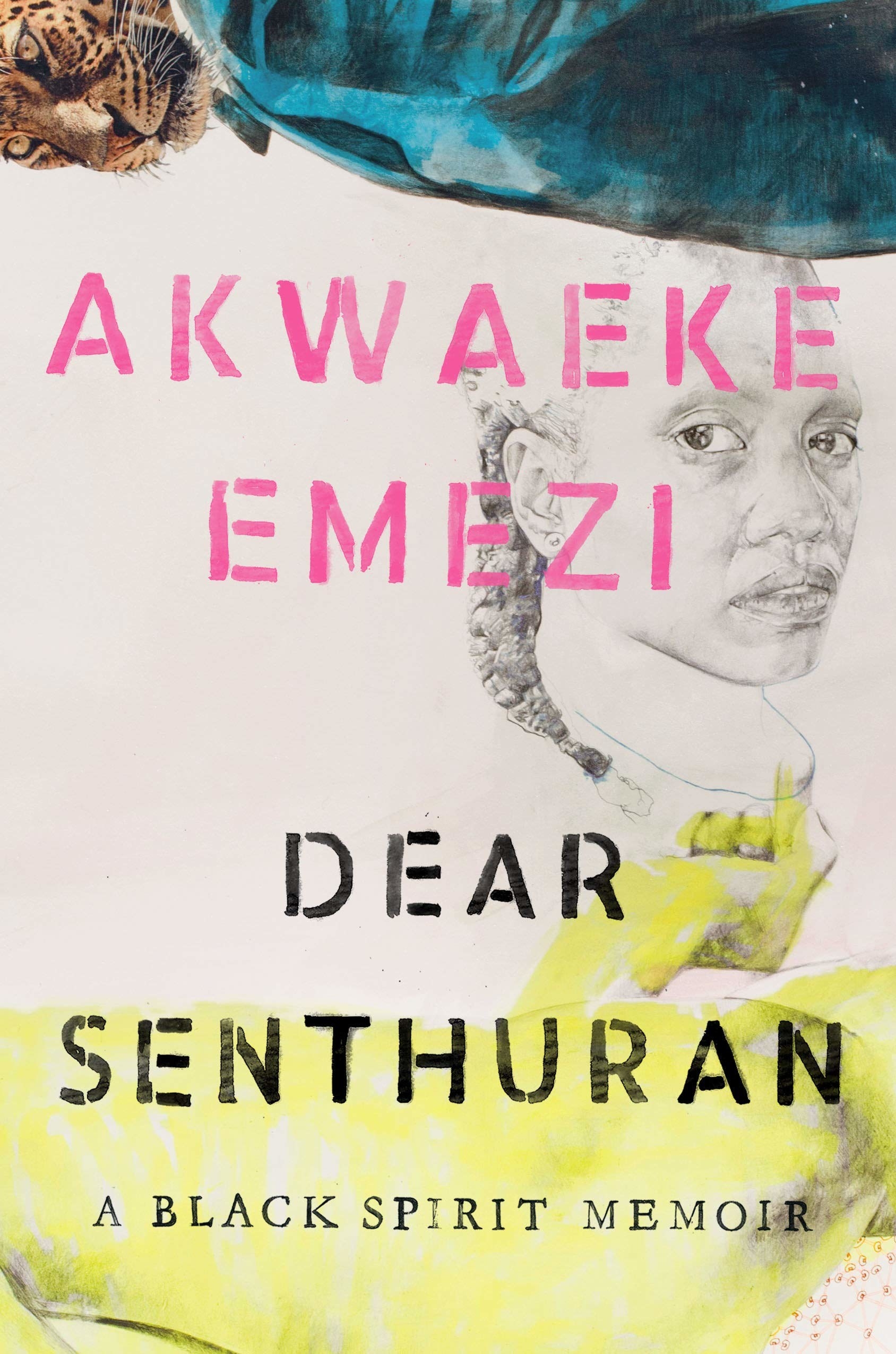
Dear Senthuran: A Black Spirit Memoir
by Akwaeke Emezi
I repeat: Bisexuality is not binary and can encompass an attraction to all genders. This most recent book from the poetic and prolific Emezi, who identifies as nonbinary transgender and ogbanje, gets right under your skin and stays there. There is a fluidity represented in this memoir that encompasses not just their gender but also their sexuality and even sense of selfhood. It is a difficult book to explain and does not hold your hand — but if you’re anything like me, you’ll get chills reading it.
Quote: If you release the idea of an essential self, throw it naked into the surf and let the sea carry it away, then everything changes. Without it, masks take on a new expanse of possibility. They can conceal, yes, but as the magician says, they can also clarify what is true—in precisely the same way a story can tell you something better than stark facts ever could.

I’m the One That I Want
by Margaret Cho
I first saw Cho’s comedy special by the same name when I was a teenager. It was the first time I remember seeing someone identify as bisexual (which, when you consider that, like Cho, I grew up in the liberal Bay Area, speaks to how little bisexuality was talked about). Cho’s memoir covers much of the same material as her hilarious comedy special, but she is able to go into even more detail on everything from her experiences with BDSM to being a TV star, her eating disorder, and her marijuana addiction. The comedian's story also helps put a face to the unfortunate fact that queer women are twice as likely as straight women to suffer from eating disorders. Bi women are also more likely to abuse drugs, and they suffer from higher rates of mental illness and sexual assault. Eating disorders and drugs are often attempts at coping with those traumas.
Quote: San Francisco is such a great place for sexual exploration. There are so many things to do, so many closets to come out of. It’s not just a gay-straight-bi question. It really is multiple choice. The attitude is so playful and friendly, more like a sexy theme park than perversion.
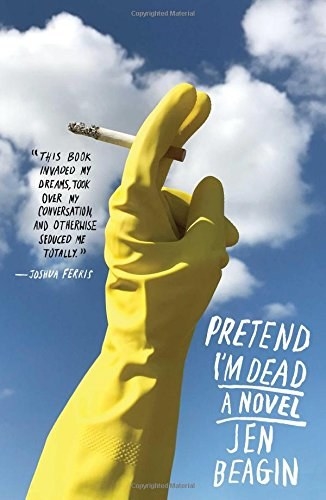
Pretend I’m Dead
by Jen Beagin
Beagin’s novel Pretend I’m Dead and its sequel, Vacuum in the Dark, are two of my favorite books of the last several years. I’m really not sure why they haven’t gotten more blockbuster attention, because they are just as funny and witty and millennial-droll as Ottessa Moshfegh’s (also brilliant) books. The protagonist, who is a house cleaner, is an unmistakably bisexual voice, and I found a great relatability and comfort in reading her story.
Quote: Without thinking, she dove in slow motion toward Shiori’s face, her lips brushing against her jaw before catching her small mouth. She waited a beat, treading water, but Shiori’s mouth remained closed, impassive. She’d hit the shallow end, evidently, and felt a sharp pang in her chest.
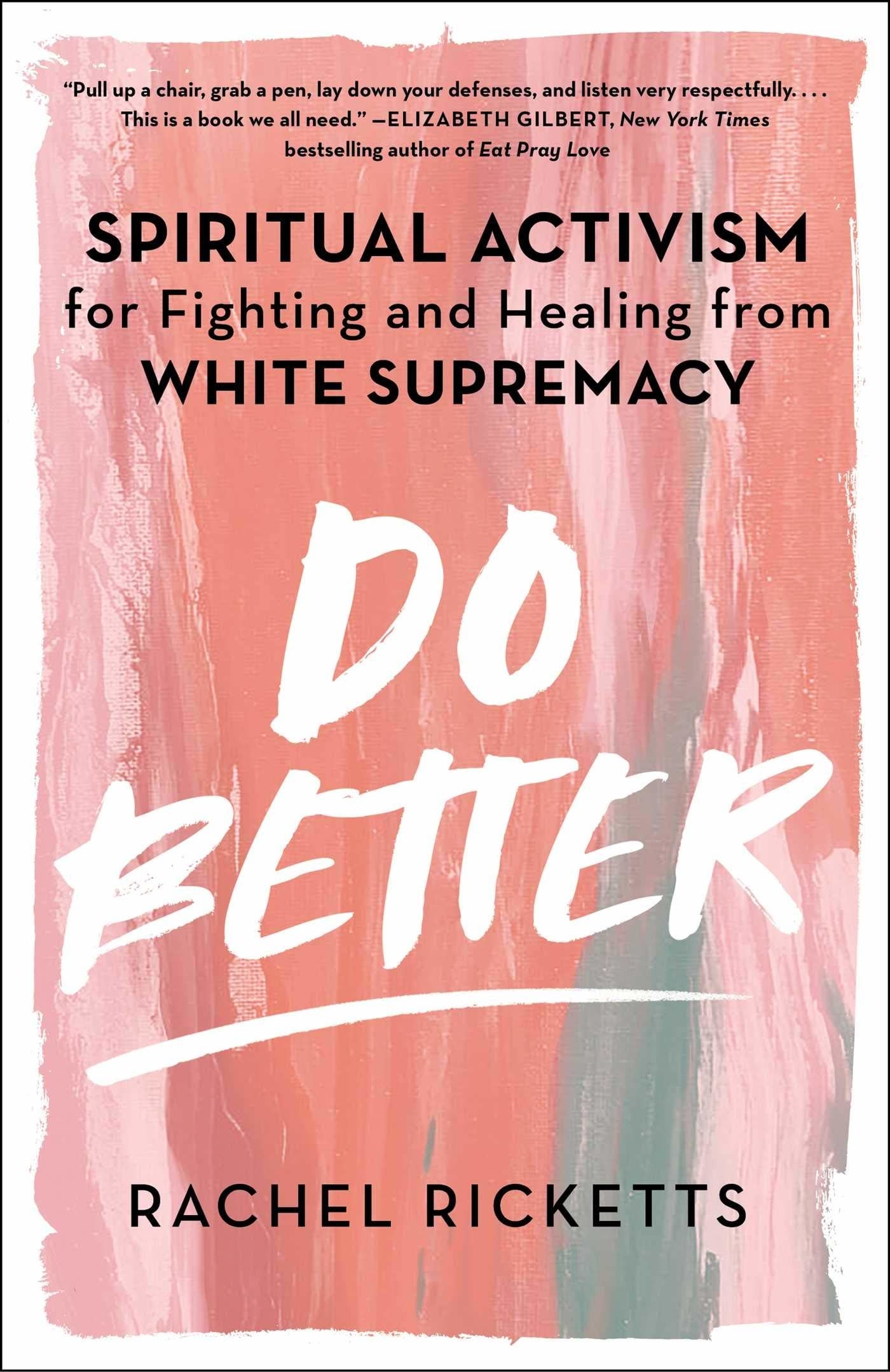
Do Better: Spiritual Activism for Fighting and Healing From White Supremacy
by Rachel Ricketts
A book doesn’t have to be explicitly about bisexuality to be a great book for bi visibility. Ricketts’s excellent guide is, among many other things, written from her perspective as a queer Black woman married to a man. She is forthcoming about both her assumed-straight privilege and the harm done to her by internalized homophobia early on. I learned so much from this book about how to talk about and fight white supremacy, but it also helped me reflect on my own privileges as an often assumed-straight cis woman — all without erasing my queerness.
Quote: Gender binaries are bullshit, and I love souls, no matter their genitalia. Though I’m happily married, I wonder how much confusion and heartache I could have been spared...[h]ad my queerness been accepted, understood, and normalized by society as it ought to have been. Part of the beauty of the current collective awakening is that more folx are freeing themselves from the gender identities and sexuality binaries forced upon us by white supremacy. We are returning to the remembering of a nonbinary* world, just as many Indigenous, African, and other BI&PoC communities lived before colonization.
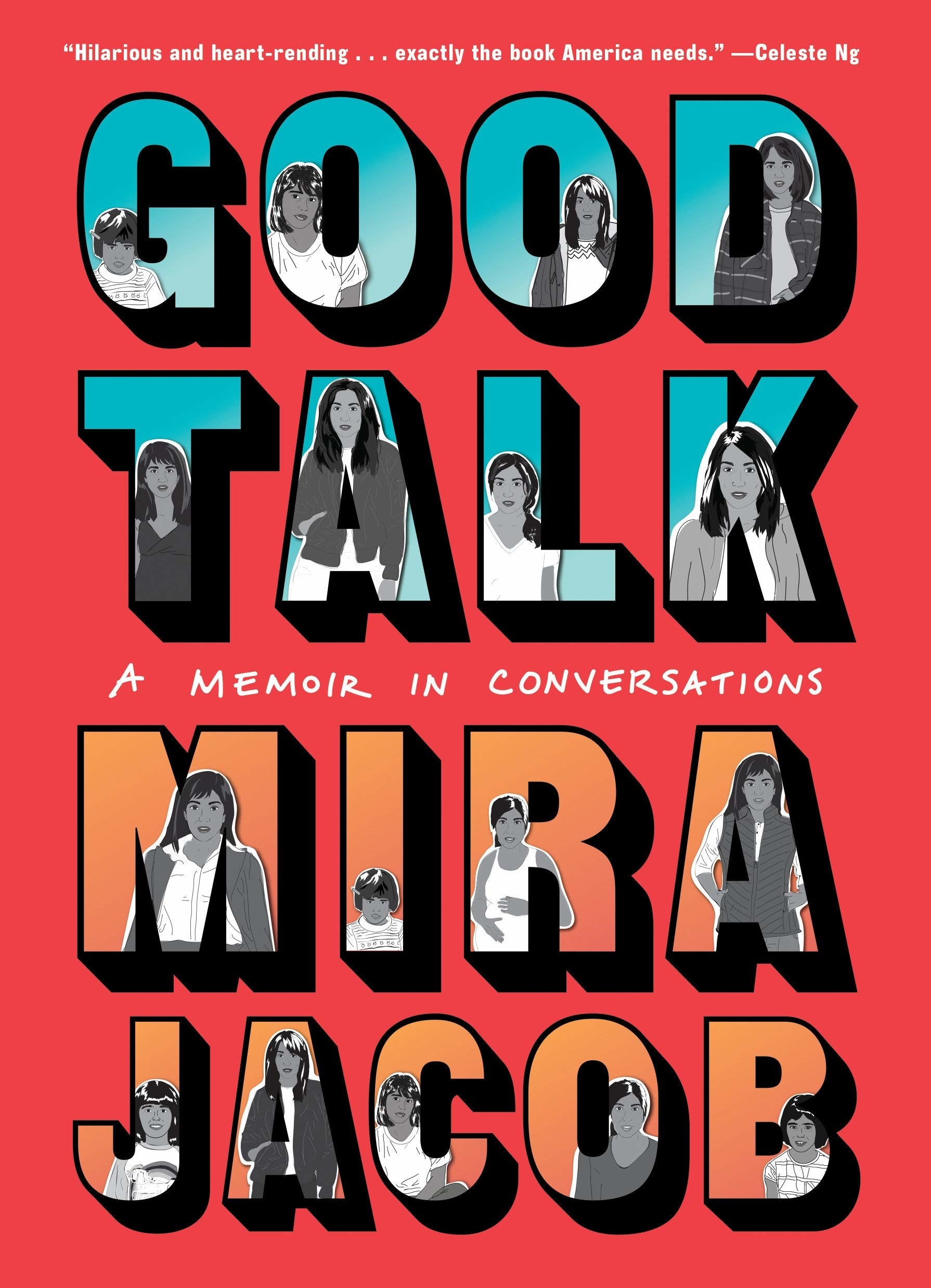
Good Talk: A Memoir in Conversations
by Mira Jacob
Another book I loved that is not mainly about bisexual romance or identity is Jacob’s graphic memoir, Good Talk. While it is predominantly about her trying to explain race and racism to her son, the memoir flashes back to her own experiences as a bisexual woman. Jacob refuses to downplay her bisexuality “even though” she is in a long-term marriage with a man, which I found refreshing and validating. She didn’t “have” to make bisexuality a part of her story, but it so clearly is, because she is bisexual.
Quote: Sometimes, you don’t know how confused you are about something important until you try explaining it to someone else.
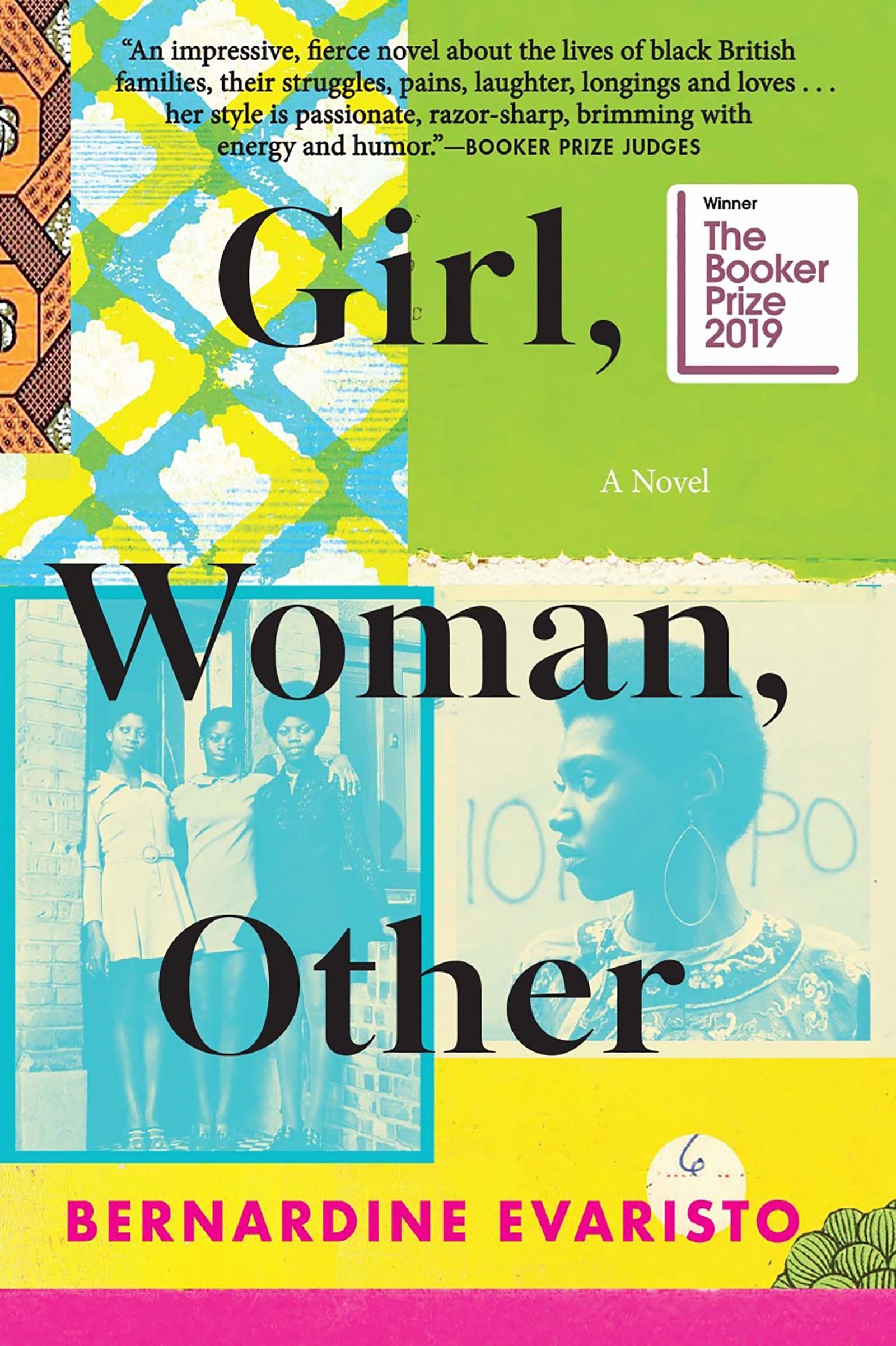
Girl, Woman, Other
by Bernardine Evaristo
I love Evaristo's book so much that I end up including it on just about every book roundup I write. Not only is it extremely innovative in form, but it is a compelling and fun read, spanning many different voices and sexual and gender identities, including a trans pansexual character. I appreciated the fluidity of many of the stories here, as well as the depictions of the ways bisexuality is sometimes shit-talked by members of the lesbian community.
Quote: [G]ender-free means I identify as neither male nor female, I also identify as pansexual, which means I’m attracted to individuals on the male-female-trans spectrum, although my long-term partner is a trans-female and I’m not trading her in any time soon, not that it’s any of your business who I sleep with, if you really must know, I’m spoilt for choice, all bases are covered, yeh, I’ve got it made, peeps!
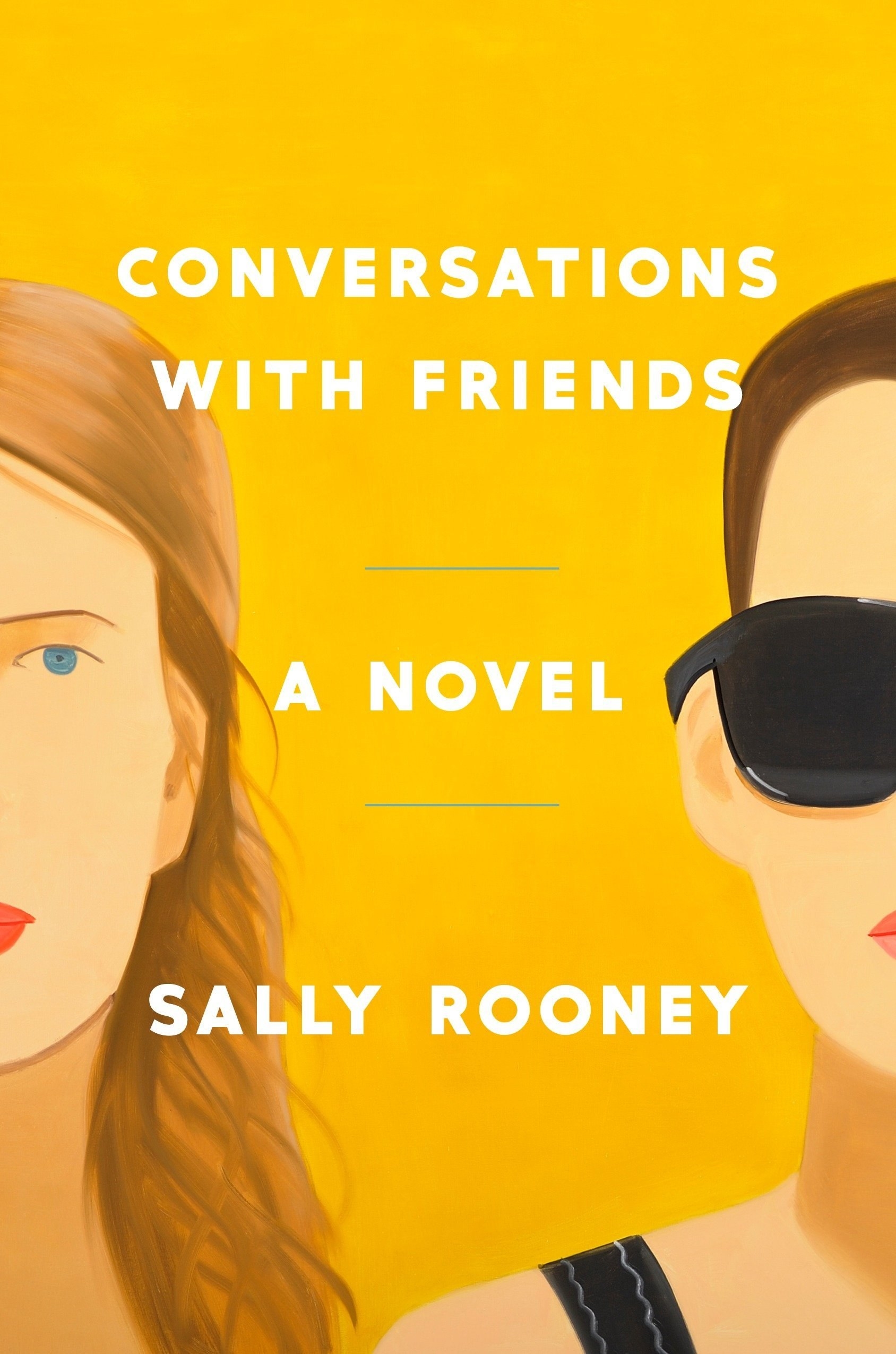
Conversations With Friends
by Sally Rooney
I also enjoyed Rooney’s newest novel, Beautiful World Where Are You?, which features two bisexual characters. But it’s her first book, Conversations With Friends, that most resonated with my own experiences. I appreciated that it depicts what it’s like to have a lesbian best friend you have a fluid attraction to as a bisexual woman, and how that may or may not be skillfully navigated. I also enjoyed that it explored the potential overlaps between sexual fluidity and nonmonogamy.
Quote: Well, I said. Yeah, I’m kind of an omnivore.
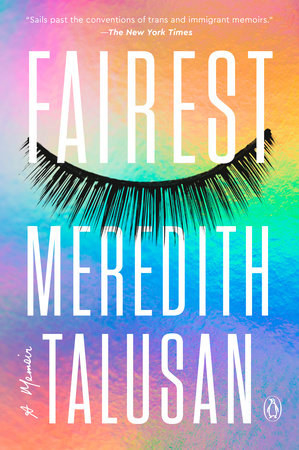
Fairest: A Memoir
by Meredith Talusan
Talusan’s memoir is not only gorgeously written but also an amazing story of immigration, transition, academia, disability, and moving beyond binaries. The author of this beautiful book describes themself as a "queer albino first-generation Filipino immigrant" who is also a nonbinary bisexual transgender individual. I loved this book for refusing to follow tropes of the “coming-out memoir” and for embracing all the nuances of their overlapping experiences and identities.
Quote: In the dark, Mama shoved me facedown on her bed and I wanted to disappear. I knew how. I couldn’t just be white; I needed to be transparent, a figment without feeling or shape. I am a ghost. I am a ghost, I chanted inside, to every whack of her broom, as she made my white flesh red. But soon my incantation worked and I hung in the air, that ghost of myself.
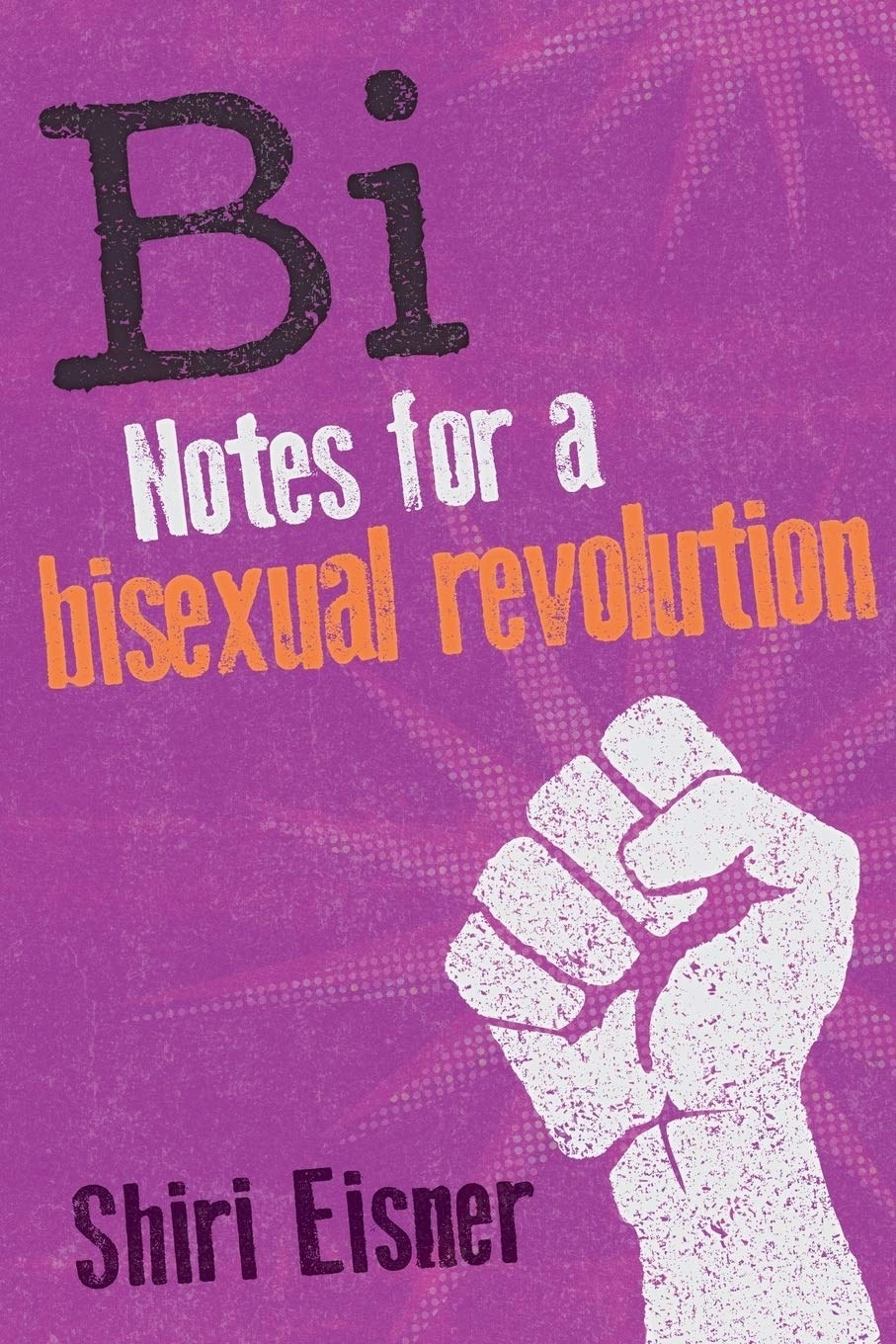
Bi: Notes for a Bisexual Revolution
by Shiri Eisner
I discovered this important book thanks to the aforementioned Greedy author, Jen Winston, who credits this manifesto with making them proud to be bisexual. “Eisner’s work helped me realize that frequent bi stereotypes — e.g., being promiscuous, always cheating — weren’t necessarily things that bi people needed to disprove, or ‘myths’ we needed to ‘bust,’” Winston told me. “Instead, it showed me that we need to ask why people thought these stereotypes were such bad things. Often, the deeper issue has to do with something else — patriarchy or monogamy, for example — not bisexuality, and bisexuality just becomes the thing we blame.” For anyone wanting to understand what bisexuality can really encompass, this is a must-read.
Quote: Interestingly, for bisexual women the presumption is that we're really straight, while bisexual men are often presumed to be really gay. This suggests a presumption that everyone is really into men — a phallocentric notion testifying to this stereotype's basic reliance on sexism.
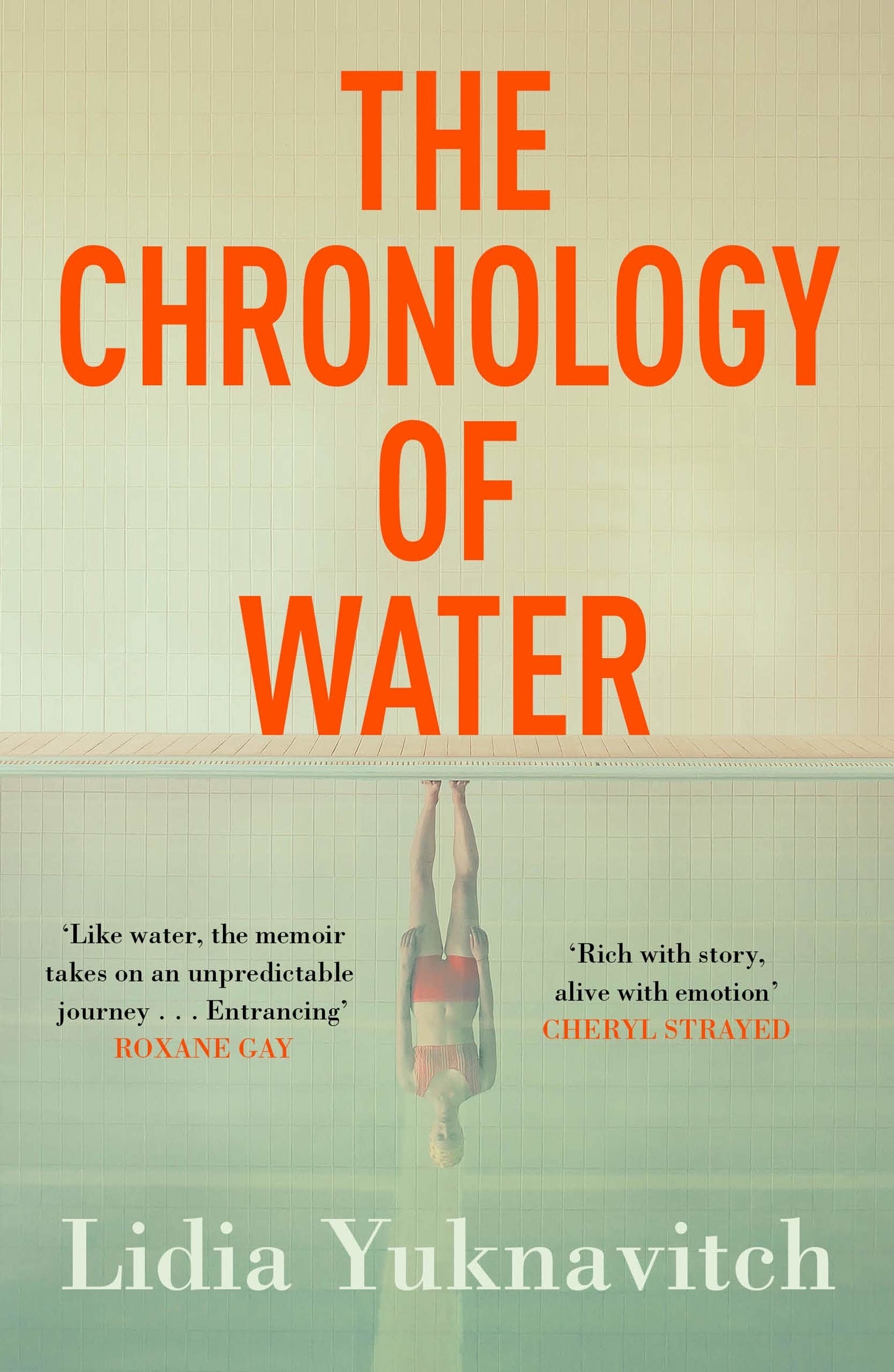
The Chronology of Water: A Memoir
by Lydia Yuknavitch
This memoir is raw and poetic and honest in a way that inspired me as a writer. Yuknavitch talks about her experiences sleeping with both women and men, but that is hardly the main point of the book. Rather, her bisexuality is one of many aspects of her complex and layered identities, struggles, and mind.
Quote: At first I didn’t know what she meant by "journey." I just wanted to be with her. I just wanted her to hurtpleasure me. So when she asked me that, it was annoying. It involved thinking. Can’t we just do it? This woman though, she was 25 years older than me. For her, having sex — that anchor of heterosexual scripture — she’d left that behind more years ago than my age.
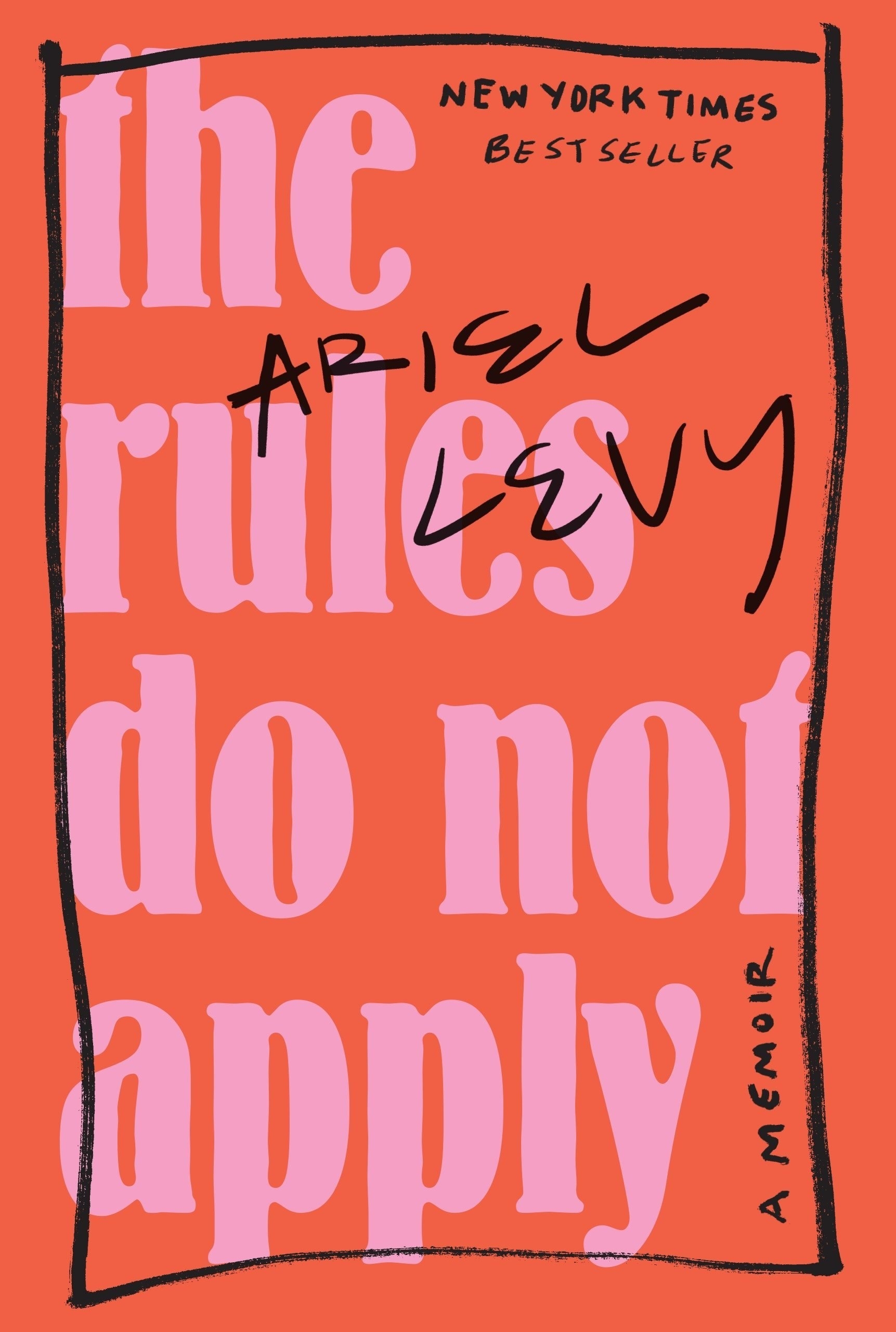
The Rules Do Not Apply: A Memoir
by Ariel Levy
I loved this memoir, which depicts serious relationships with both men and women, as well as heartrending retellings of miscarriage and separation. While Levy’s experience of bisexuality is seemingly more straightforward than mine (in that she depicts it as very “even” and says she feels there is no difference for her in her attraction to men and women), I found much in this book to relate to, and the writing is compelling.
Quote: People sometimes tell me that they’re baffled by bisexuality: They are convinced that having sex with women is totally different from having sex with men. But it isn’t. No more than having sex with anyone is totally different from having sex with anyone else.
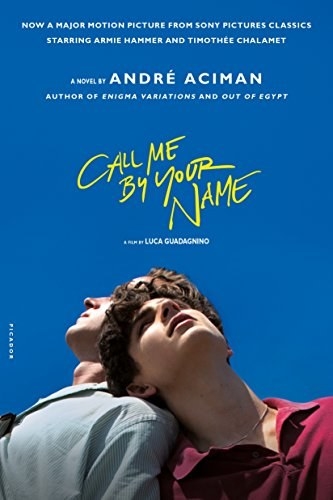
Call Me by Your Name
by André Aciman
This now-classic novel was made all the more famous by its excellent film adaptation. The main characters are two bisexual men who are also involved with women. Aciman's novel shows the tension of not knowing exactly “what you are,” and a certain fluidity to sexuality that depends more on the individual before you than their gender.
Quote: We are not written for one instrument alone; I am not, neither are you.
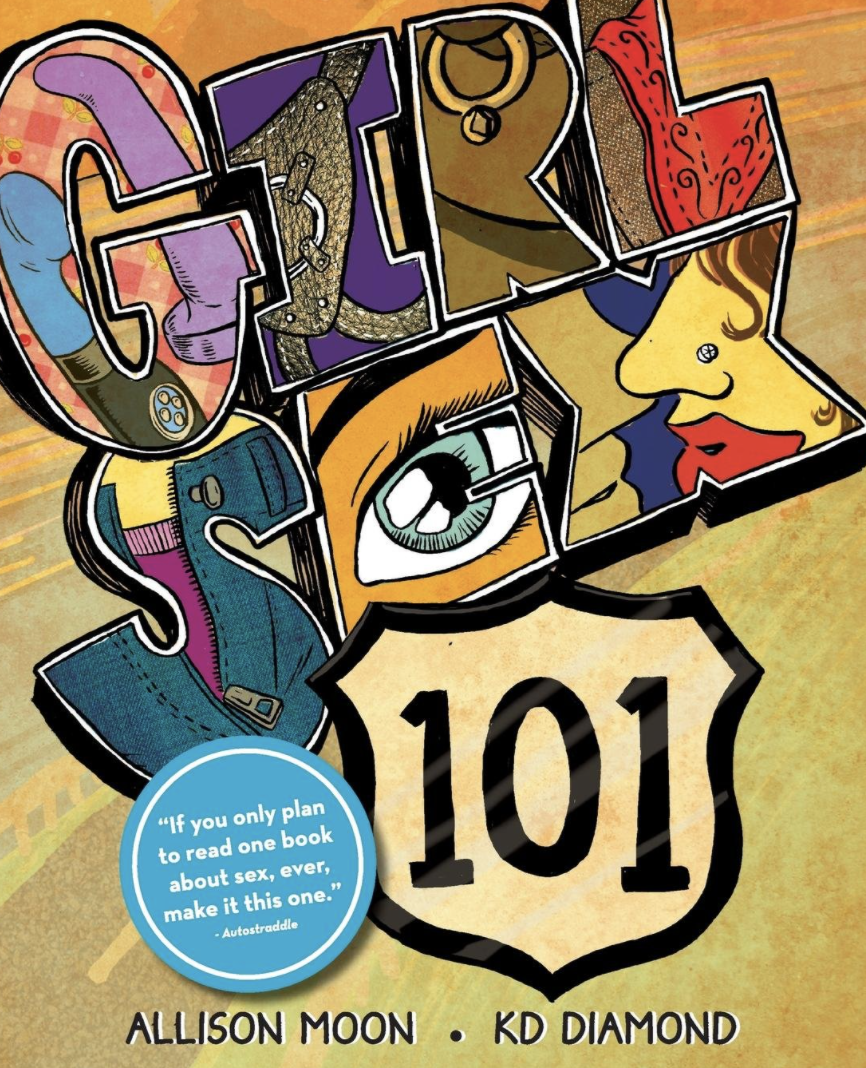
Girl Sex 101
by Allison Moon
This guide was, for me, an essential part of my sex education. We aren’t taught much sex ed in this country — let alone queer sex ed — and one of the main things that held me back from being with people with vaginas for so long was my fear that I wouldn’t be good at touching them. (Which is both odd and not surprising, considering I have a vagina myself.) This extensive manual is sex-positive, inclusive of all identities, and Moon herself is bisexual. It’s also filled with some really good tips about how to be good in bed. At this point, I ask any cis man I date to read it as well.
Quote: Not all girls have vulvas, and not all vulvas have girls ... When I say women I mean women, which means you, if that’s you.
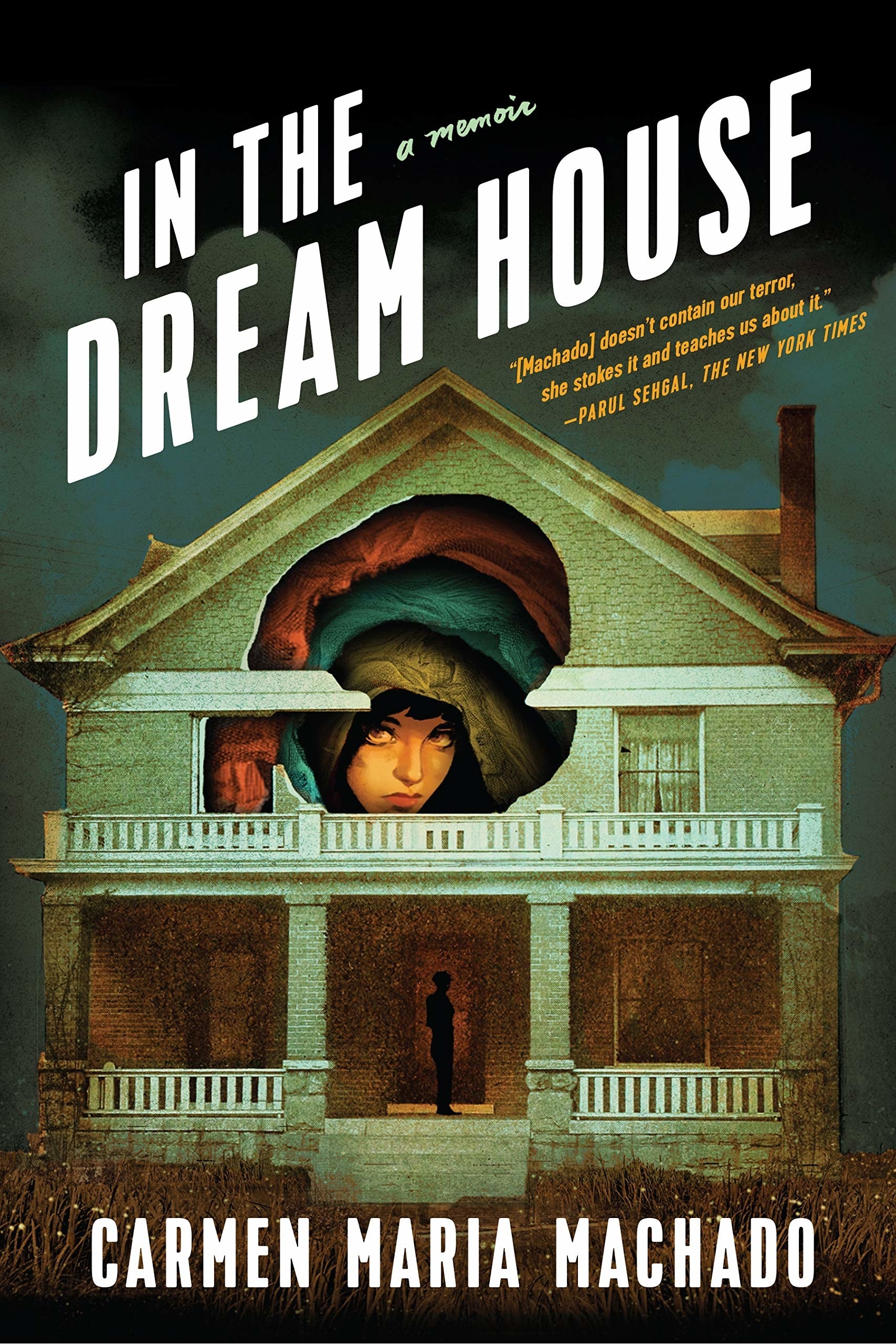
In the Dream House: A Memoir
by Carmen Maria Machado
This powerful memoir has already become a classic for a reason. Not only is it beautifully written, but it is an unflinchingly honest depiction of how abuse can manifest in queer relationships, and how someone being your “first” can perhaps make you extra vulnerable. I related to this experience in a different way, in that my first nonmonogamous and kinky relationship was marked by unhealthy behaviors, and for a long time I was afraid to talk or write about it for fear of making either of those marginalized communities “look bad.” Machado addresses this fear head-on and helps make the case for why people in all kinds of relationships must be able to speak honestly about their experiences, rather than have to remain on a less-honest pedestal in order to be respected.
Quote: Your female crushes were always floating past you, out of reach, but she touches your arm and looks directly at you and you feel like a child buying something with her own money for the first time.
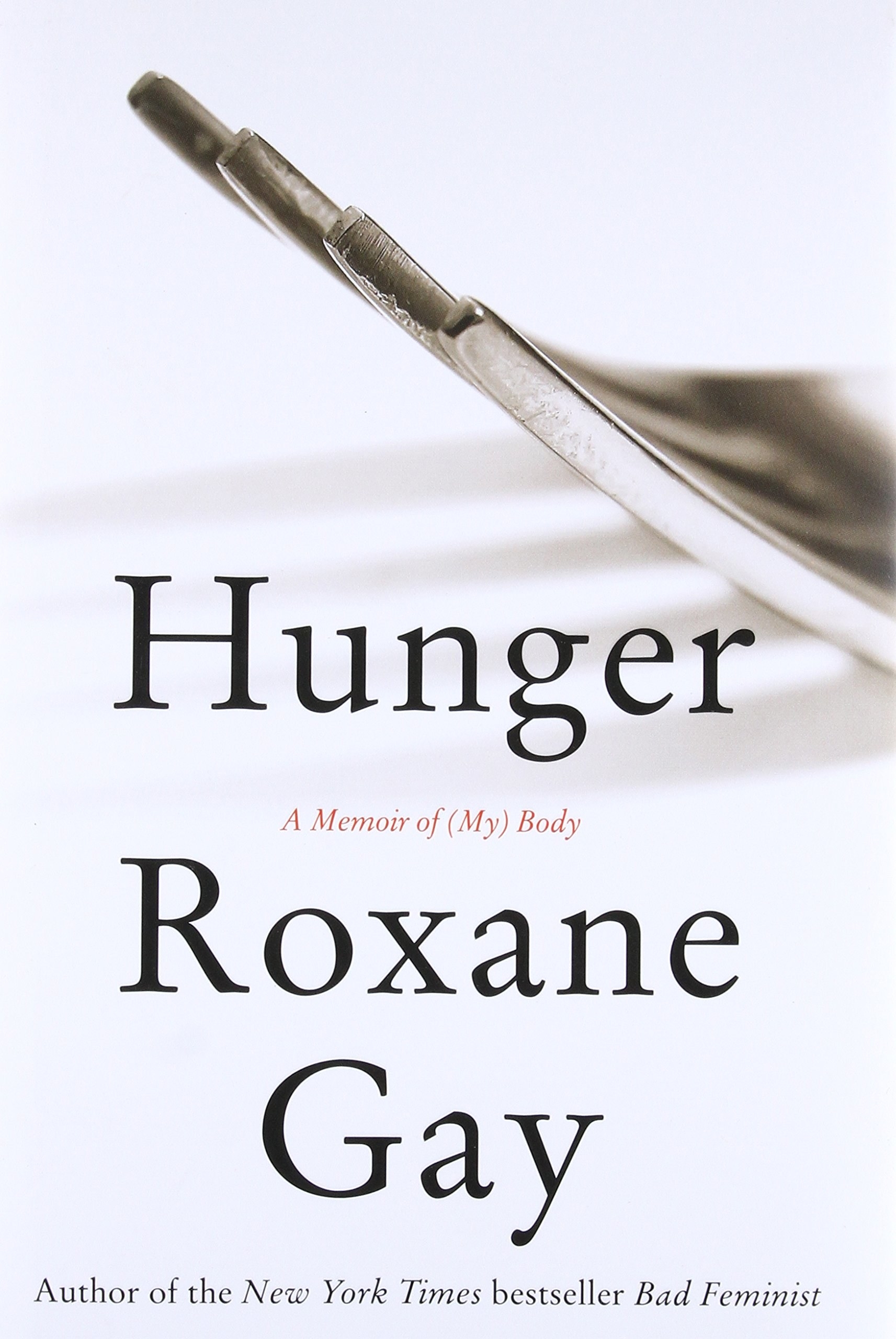
Hunger: A Memoir of (My) Body
by Roxane Gay
Gay is bisexual, and I appreciated how this identity was both a part of this book and not the center of it. Like another amazing book, Thin Girls (which Gay was actually an adviser for), this book shows how queerness, trauma, and body/food struggles can all overlap. She is unflinchingly honest about her experience in her body and refuses to claim to be “all better” simply to make the reader more comfortable. I’ll say it again: Bisexual women experience a higher rate of sexual assault than any other cisgender population. They also experience a higher rate of eating disorders and drug addiction. This is one of a growing number of narratives that put a face to these under-acknowledged statistics.
Quote: There is an anxiety in being yourself, though. There is the haunting question of "What if?" always lingering. What if who I am will never be enough? What if I will never be right enough for someone?
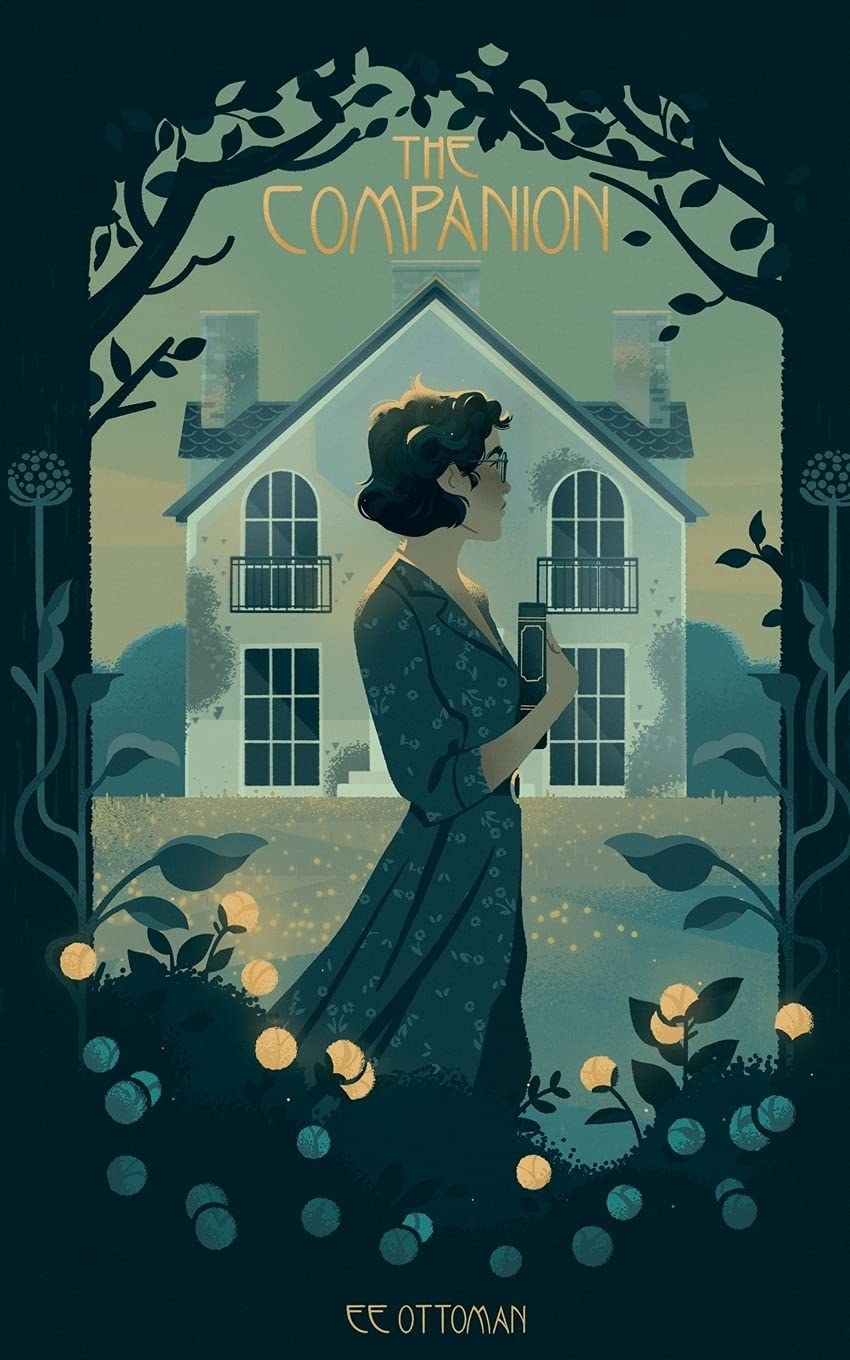
The Companion
by E.E. Ottoman
This is a charming romance centering on a trans woman who falls in love with two different people — one another trans woman, and one a trans man — and who, very refreshingly, is not forced to choose! For fans of period pieces telling queer stories, The Companion is sexy, sweet, and a beautiful depiction of bisexuality and nonmonogamy.
Quote: "I think you get to decide what enough is," he said finally. "You're a grown woman, and I can't make your choices for you. No one can, no matter how much the Church or the State might want to. If one lover satisfies you, so be it; if not, then take more.”
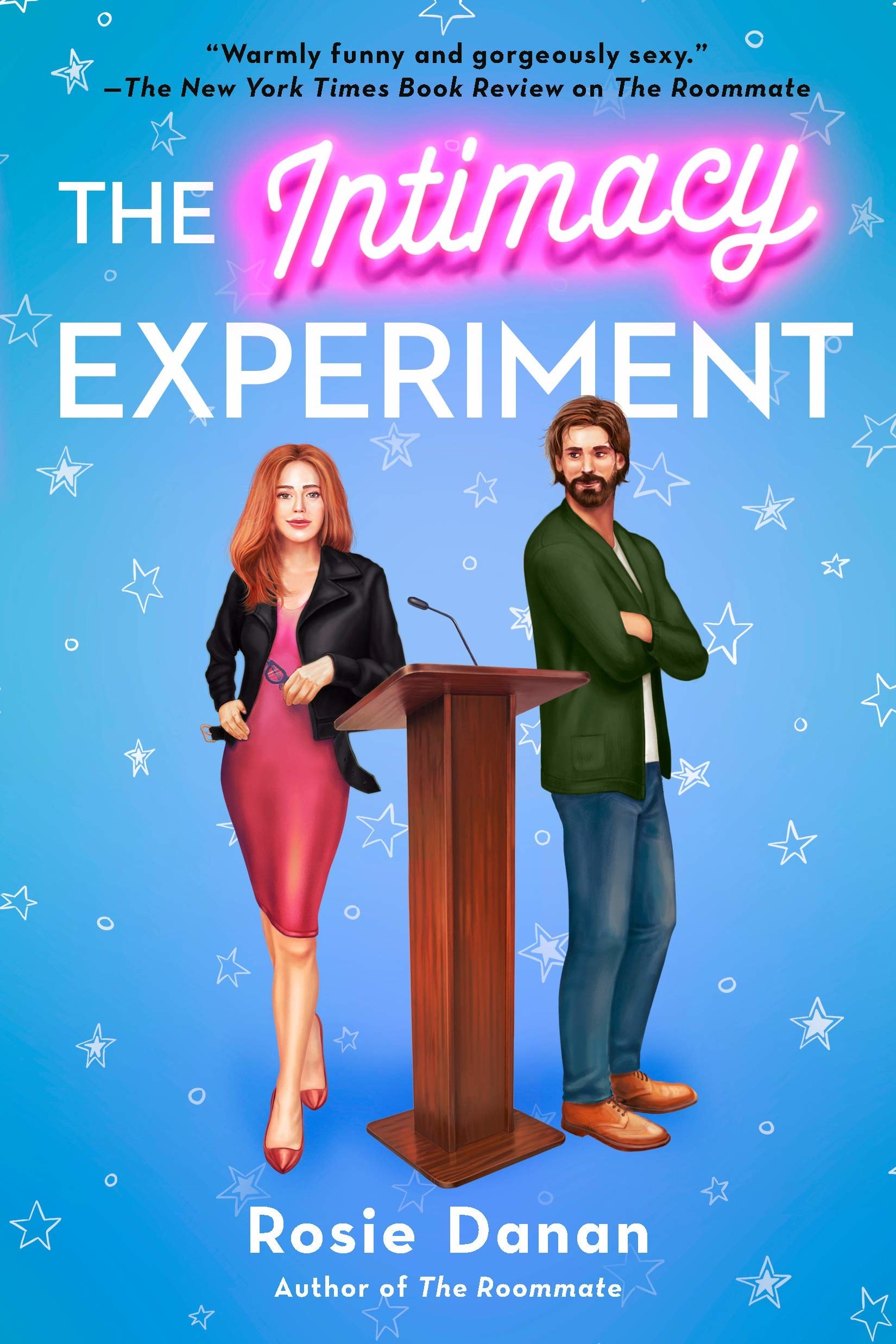
The Intimacy Experiment
by Rosie Danan
When I found out there was a new well-written romance that centered a feminist bisexual porn star and a hot rabbi, I was so in. This is a sexy and witty romance that is unapologetically Jewish and makes clear that the protagonist is proudly bisexual. (Again: Even if it is centered on a heterosexual dynamic, that doesn’t make its protagonist not bisexual!) Also, thanks to this book, I now have to add “seducing a hot rabbi” to my list of life goals.
Quote: Looking at him made her feel lucky. Made her want to paint, despite having never painted a day in her life. It felt like the least she could do. To capture this moment somehow, so that other people could know half the pleasure of it.
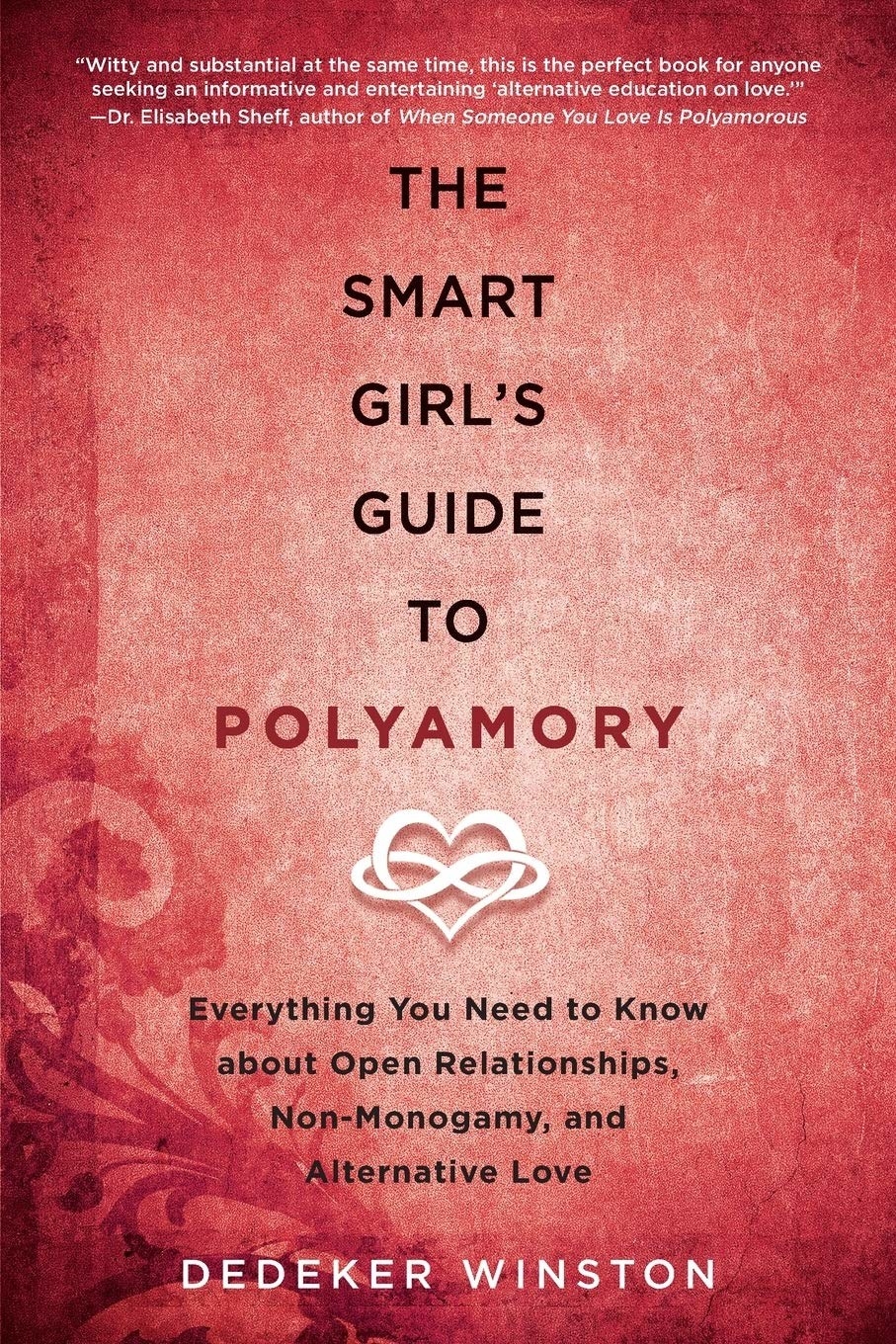
The Smart Girl's Guide to Polyamory
by Dedeker Winston
This excellent book was written by the relationship coach and host of the Multiamory podcast, who is polyamorous and pansexual. While the guide is mainly about practicing nonmonogamy, Winston explores in very useful detail how queerness and sexual identity fit into it. Here, you’ll find exercises and definitions that can help you figure out the subtle variations in the myriad ways one can be attracted to people and/or be in relationships. I highly recommend this book to anyone looking to figure out more about what their desires are and how they want to design their relationships accordingly — polyamorous or not.
Quote: I hold less of a sexual attraction to women, but I’m still romantically attracted to women — I’m more excited by the idea of holding, kissing, cuddling, and caressing a woman than having intercourse with her. Some people prefer having sex with a particular gender, but find that they experience sexual attraction to the other gender after developing a close emotional bond. Does that still count as bisexual? … The awesome thing about polyamory is that it enables you to explore all kinds of relationships with all kinds of sexual expression and orientations outside of hetero- or homosexuality.

Detransition, Baby
by Torrey Peters
I think Detransition, Baby is one of the most fearless novels of the last few years. It centers predominantly on a trans woman who, in her own words, is “hetero in the etymological sense: attracted to difference.” But in practice, she is open to any gender identity and is in a relationship at different points of the book with both a trans woman and a cis man. Like its beautiful cover, this book is unafraid of exploring the potential fluidity of gender, sexuality, and family.
Quote: Instead, she explained it to herself by saying that she was hetero in the etymological sense: attracted to difference. It didn’t really matter what the difference was — although usually it was maleness to her femaleness, because men knew how to make her feel feminine, and feeling feminine turned her on; but she supposed she’d be open to other different types who could do the same. However, never someone just like her.
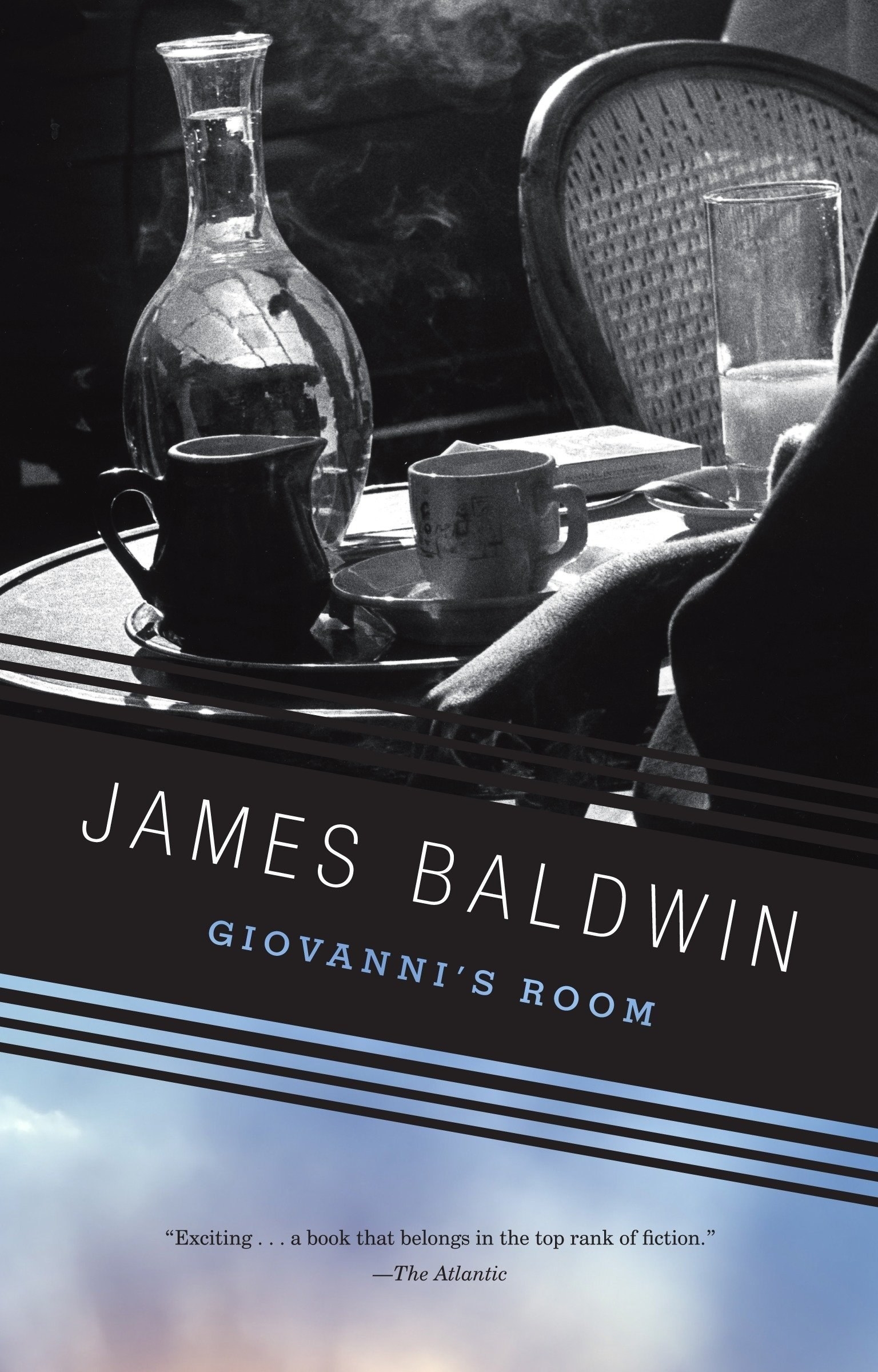
Giovanni’s Room
by James Baldwin
Many of the great Baldwin's books were groundbreaking not only in their daring prose but also in their depiction of bisexual male protagonists (at a time when they were even more taboo). Giovanni’s Room is probably his most famous novel and centers on a bisexual man involved with both a man and a woman in overlapping, secret ways. This book is powerful and shows the cost of hiding.
Quote: But Joey is a boy. I saw suddenly the power in his thighs, in his arms, and in his loosely curled fists. The power and the promise and the mystery of that body made me suddenly afraid. That body suddenly seemed the black opening of a cavern in which I would be tortured till madness came, in which I would lose my manhood.
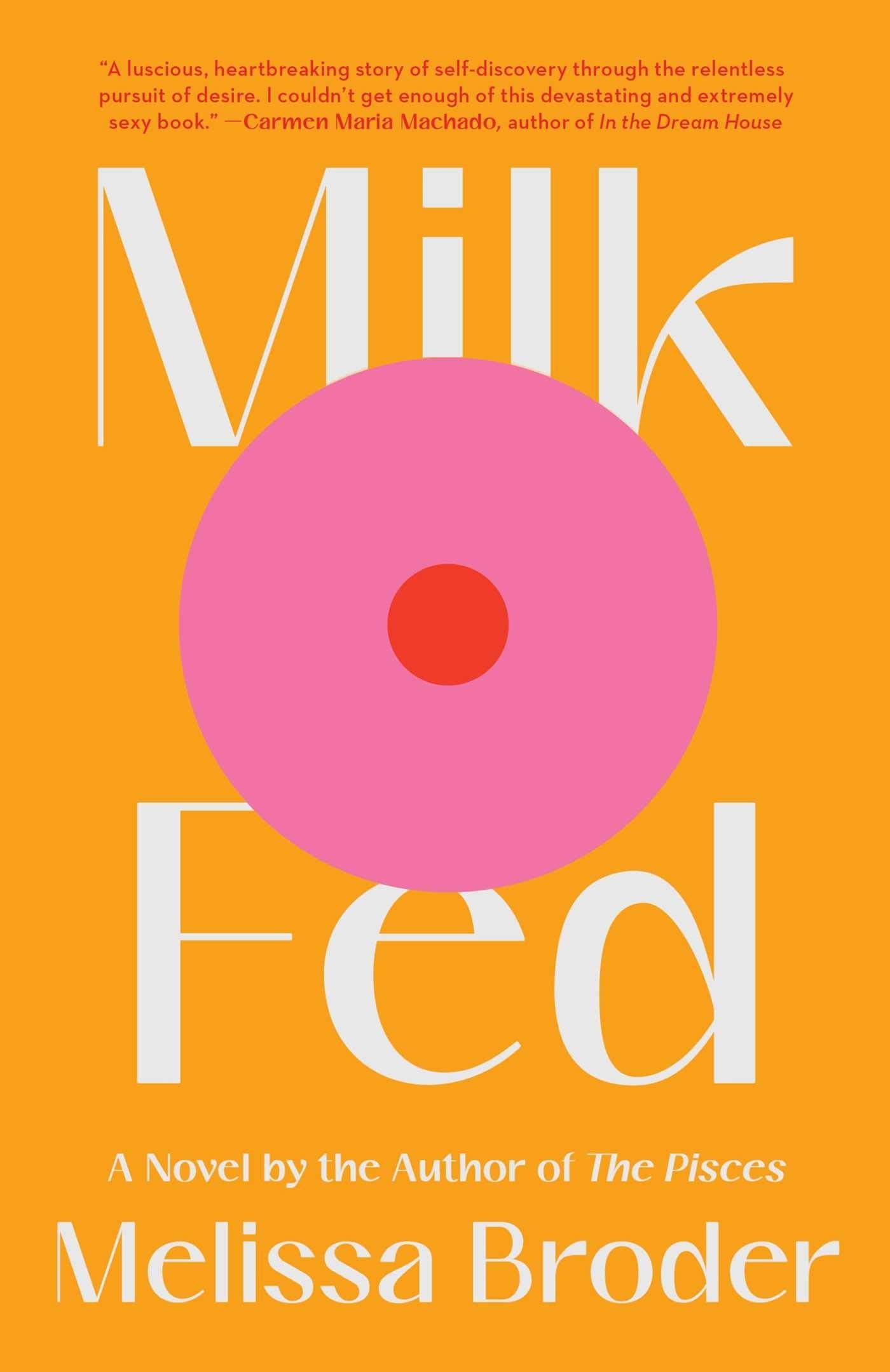
Milk Fed
by Melissa Broder
Broder writes some about her own attraction to women in her personal essay collection So Sad Today, and her newest novel, Milk Fed, more fully explores that territory. With a protagonist named Rachel whose repressed queerness is tied to her orthorexic eating disorder and Jewish-mother issues, I found plenty to relate to in this sexy and funny novel.
Quote: It seemed that as long as I wasn’t actually having sex with a person, I could get off to them. But once they embraced me it was over.
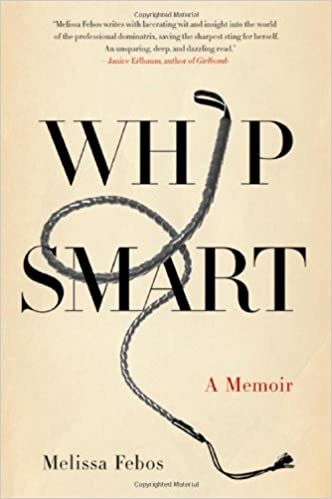
Whip Smart
by Melissa Febos
While Febos’s more recent books, Abandon Me and Girlhood, arguably address her queerness even more, her first memoir, Whip Smart, impacted me greatly as a writer, and I will always have a soft spot for it. The bisexual author details her time working in a dungeon as a dominatrix, as well as her struggles with sex and drug addiction. As an aspiring and repressed bisexual author reading it at the time, I remember thinking, I hope I can write and live this vulnerably and bravely one day.
Quote: It has been my experience that the people I judge most harshly are the ones in whom I recognize some part of myself.
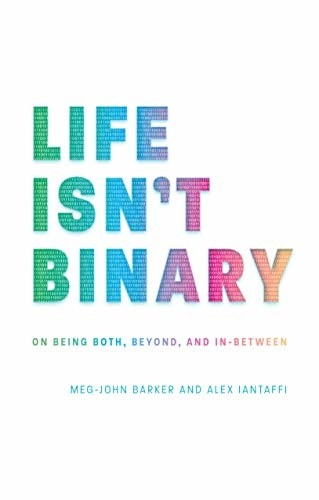
Life Isn’t Binary
by Meg-John Barker and Alex Iantaffi
Both authors of this book are, appropriately, nonbinary. Iantaffi is transmasculine, bi queer, and disabled and makes the case for why we need to move beyond binary thinking — something which, counterintuitively, bisexuality is great for! “This book unpacks binaries of all types from all angles, but the very first chapter is about bisexuality. It’s refreshing to see bisexuality talked about in a book like this, especially as a foundational concept — too often, people assume bisexuality is actually a proponent of the gender binary (but 'bi' means two!!!),” Jen Winston told me. “Bi history has always been gender inclusive. Bisexuality is about breaking down all the binary systems that shape our world.”
Quote: Knowing who we are, what we want, and being able to express our needs, wants, and desires — so that we can find others to share them — makes us poor targets for capitalism, because we can now access intimacy in many ways, with several beings, and even by ourselves.
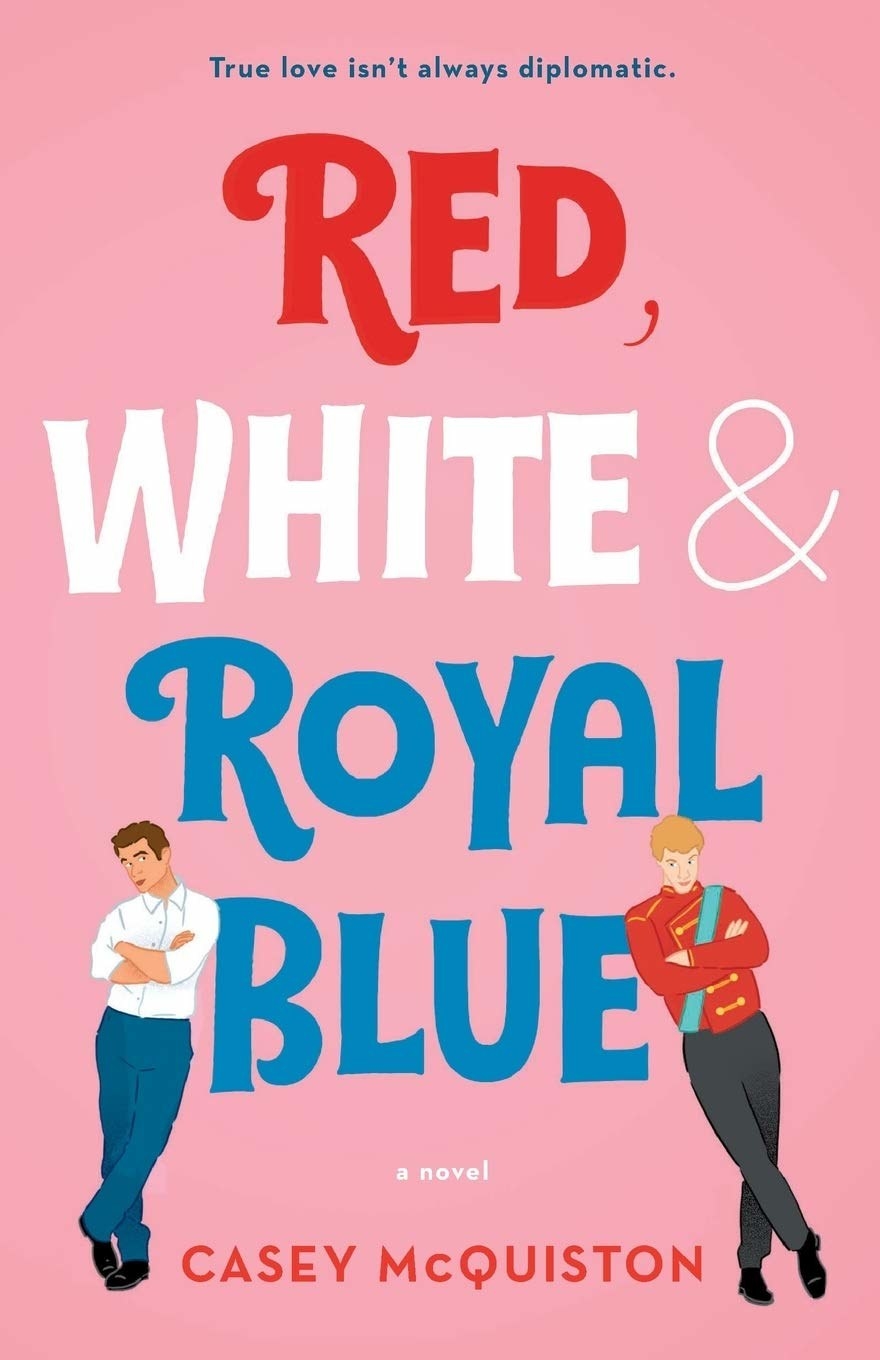
Red, White & Royal Blue
by Casey McQuiston
I found out about this novel from a very sexy and smart bi man in my life, who said he appreciated this book for how it depicted a bi male protagonist “who’s confident, smart, talented, good-looking, and has ambitions to use his attributes to do good in the world. He’s the son of the first American woman president, and the guy he falls in love with is essentially a gay Prince Harry.” I mean, he had me at "gay Prince Harry." The protagonist also goes through his self-discovery as a bisexual man, helping to shed light on what that internal experience can be like.
Quote: Straight people, he thinks, probably don't spend this much time convincing themselves that they're straight.
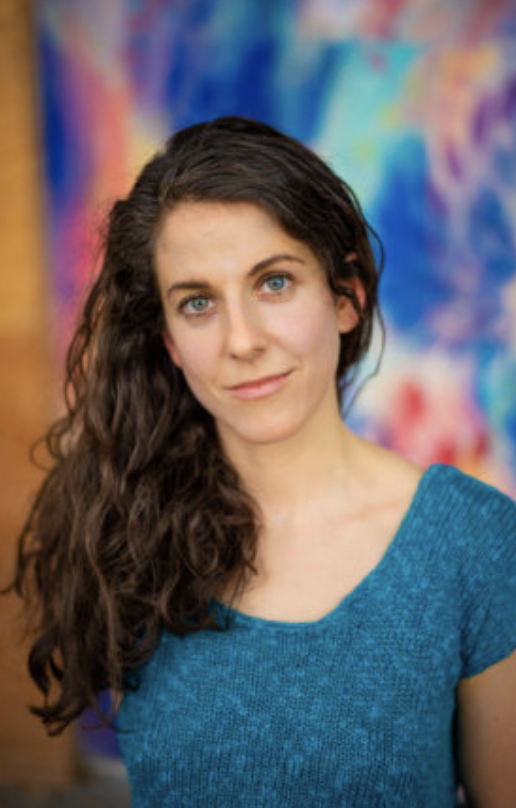
Rachel Krantz is a journalist and one of the founding editors of Bustle, where she served as senior features editor for three years. She was the host of the podcast Honestly Though, and her work has been featured in Vox, the Guardian, HuffPost, NPR, and many other outlets. She is a recipient of the Peabody Award, the Robert F. Kennedy Center for Justice and Human Rights International Radio Award, and the Investigative Reporters and Editors Radio Award.
